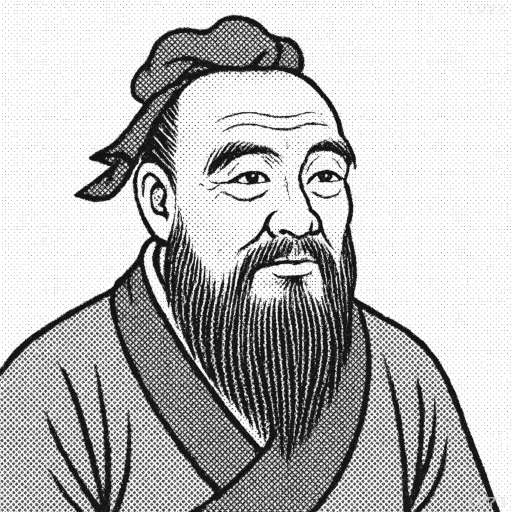“They must often change, who would be constant in happiness or wisdom.”

- 551 BC – 479 BC
- Han ethnicity
- Philosopher, educator, politician
table of contents
Quote
“They must often change, who would be constant in happiness or wisdom.”
Explanation
In this saying, Confucius highlights the necessity of adaptability for achieving lasting happiness and wisdom. He suggests that life’s dynamic nature requires us to be open to change, as clinging rigidly to old ways or resisting new ideas can lead to stagnation. True happiness and wisdom are not static but are cultivated through growth, learning, and the willingness to evolve in response to life’s challenges and opportunities.
This principle resonates today, where change is constant and adapting is essential for personal and professional growth. For instance, in one’s career, embracing new skills and technologies rather than relying solely on past knowledge can lead to ongoing success and fulfillment. Similarly, in personal relationships, being open to growth—whether in communication, understanding, or empathy—helps maintain strong and meaningful connections over time. Those who resist change may find themselves struggling as the world around them continues to evolve.
Confucius’s insight encourages us to view change not as a threat but as a pathway to deeper happiness and wisdom. By remaining adaptable, we can continually refresh our perspective, refine our understanding, and embrace life’s richness. This openness allows us to live in harmony with life’s natural rhythms, achieving a balanced state of joy and insight that grows with us.
Would you like to share your impressions or related stories about this quote in the comments section?






